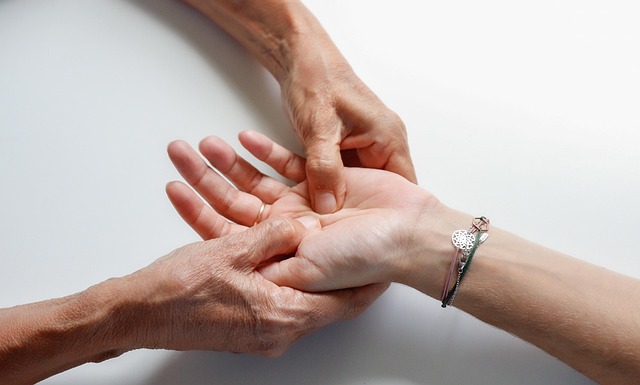In 2004 a groundbreaking randomized controlled trial, researchers led by B.S. Oken, et. al., investigated the effects of yoga and aerobic exercise on cognitive function, fatigue, mood, and quality of life in individuals with multiple sclerosis (MS). This study, spanning over 6 months, aimed to provide critical insights into alternative interventions for managing symptoms associated with MS.
Published in [Journal Name], the study enrolled subjects with clinically definite MS and an Expanded Disability Status Score of less than or equal to 6.0, randomly assigning them to one of three groups: a weekly Iyengar yoga class with home practice, a weekly exercise class using a stationary bicycle with home exercise, or a waiting-list control group.
Throughout the study, participants underwent rigorous assessments at baseline and at the end of the 6-month period, which included a battery of cognitive measures focusing on attention, physiological measures of alertness, Profile of Mood States, State-Trait Anxiety Inventory, Multi-Dimensional Fatigue Inventory (MFI), and Short Form (SF)-36 health-related quality of life.
Of the initial 69 subjects recruited and randomized, 12 did not complete the 6-month intervention. However, no adverse events related to the interventions were reported. Interestingly, the active interventions—both yoga and exercise—did not show significant effects on the primary outcome measures of attention or alertness. However, both interventions demonstrated promising improvements in secondary measures of fatigue compared to the control group, specifically in energy and vitality on the SF-36 and general fatigue on the MFI. Notably, no significant changes in mood were observed in relation to yoga or exercise.
In conclusion, this study provides compelling evidence that participation in either a 6-month yoga class or exercise class can lead to significant improvements in fatigue levels among individuals with MS compared to those on a waiting list. However, there was no observed enhancement in cognitive function in either intervention group. These findings underscore the potential of non-pharmacological interventions in managing symptoms of MS and pave the way for further research in this field.
Reference: Oken, B. S., Kishiyama, S., Zajdel, D., Bourdette, D., Carlsen, J., Haas, M., & Mass, M. (2004). Randomized controlled trial of yoga and exercise in multiple sclerosis. Neurology, 62(11), 2058-2064.




